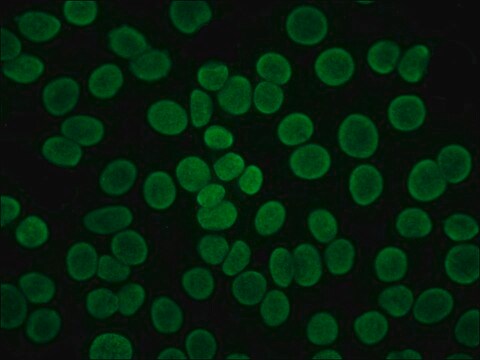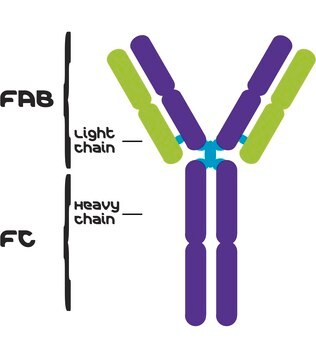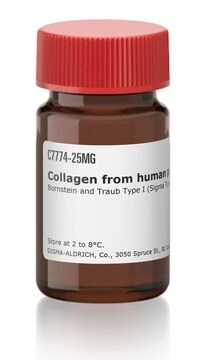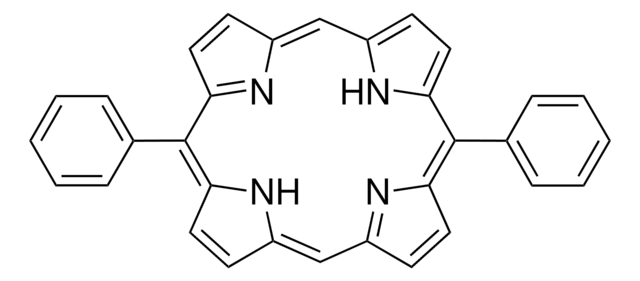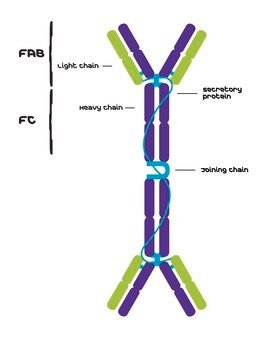H1896
Monoclonal Anti-Hepatocyte Growth Factor antibody produced in mouse
clone 24612.111, purified immunoglobulin, lyophilized powder
Sinónimos:
Anti-HGF
About This Item
Productos recomendados
origen biológico
mouse
conjugado
unconjugated
forma del anticuerpo
purified immunoglobulin
tipo de anticuerpo
primary antibodies
clon
24612.111, monoclonal
Formulario
lyophilized powder
reactividad de especies
human
técnicas
indirect ELISA: 0.5-1 μg/mL
neutralization: suitable
western blot: 1-2 μg/mL
isotipo
IgG1
Nº de acceso UniProt
temp. de almacenamiento
−20°C
modificación del objetivo postraduccional
unmodified
Información sobre el gen
human ... HGF(3082)
¿Está buscando productos similares? Visita Guía de comparación de productos
Inmunógeno
Forma física
Nota de preparación
Cláusula de descargo de responsabilidad
¿No encuentra el producto adecuado?
Pruebe nuestro Herramienta de selección de productos.
Producto relacionado
Código de clase de almacenamiento
11 - Combustible Solids
Clase de riesgo para el agua (WGK)
WGK 3
Punto de inflamabilidad (°F)
Not applicable
Punto de inflamabilidad (°C)
Not applicable
Equipo de protección personal
Eyeshields, Gloves, type N95 (US)
Elija entre una de las versiones más recientes:
¿Ya tiene este producto?
Encuentre la documentación para los productos que ha comprado recientemente en la Biblioteca de documentos.
Nuestro equipo de científicos tiene experiencia en todas las áreas de investigación: Ciencias de la vida, Ciencia de los materiales, Síntesis química, Cromatografía, Analítica y muchas otras.
Póngase en contacto con el Servicio técnico



